Heart Health:
The oil is commonly used to help improve heart health by reducing LDL cholesterol and supporting cardiovascular function.
Skin Care:
Safflower oil is used in skincare products for its moisturizing and anti-aging properties, thanks to its vitamin E content.
Weight Management:
Safflower oil may be used as a supplement for weight management, particularly to help reduce body fat and promote lean muscle mass.
Anti-Inflammatory:
Safflower oil is used to reduce inflammation in conditions like arthritis.
Digestive Health:
The seeds, rich in fiber, help promote healthy digestion and regular bowel movements.
Culinary Use:
The oil is used in cooking and salad dressings due to its mild flavor and high smoke point.
Traditional Medicine:
Safflower has been used in traditional medicine to support various health conditions, including improving circulation and menstrual health.


 Shop layouts
Shop layouts
 Food Supplements
Food Supplements
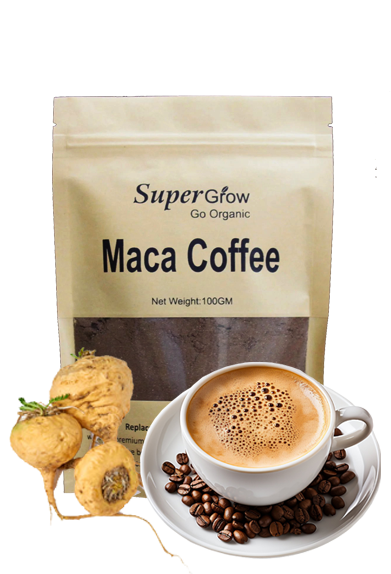



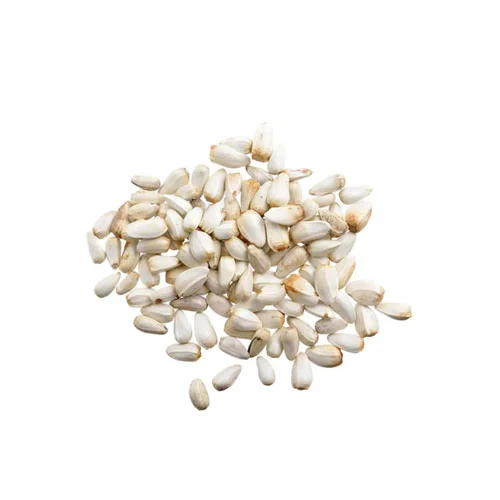

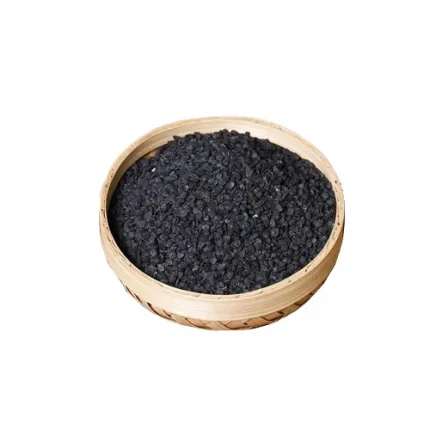
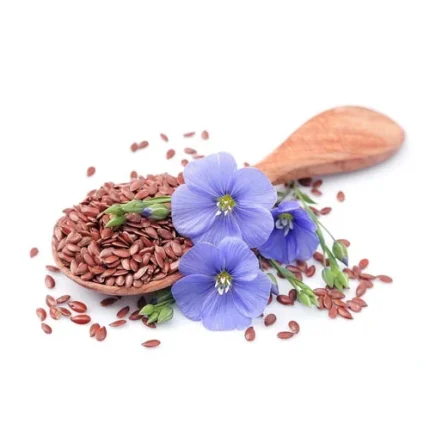
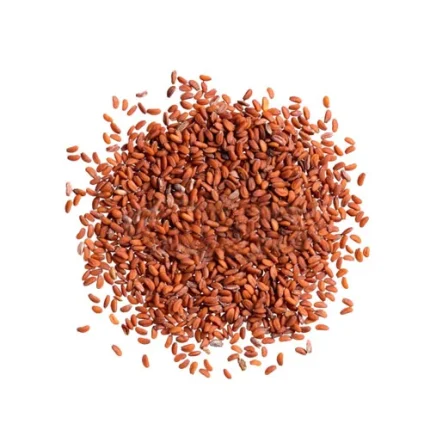
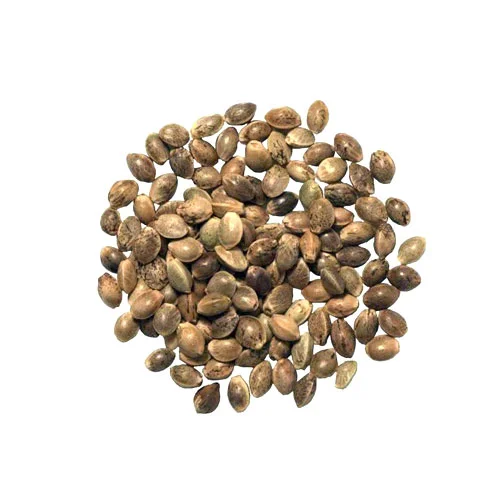
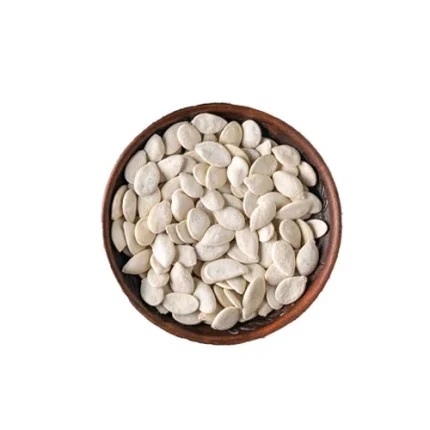
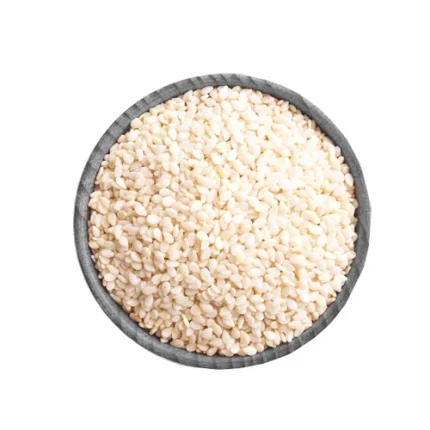
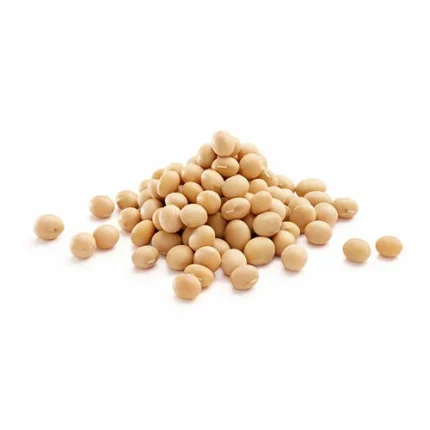
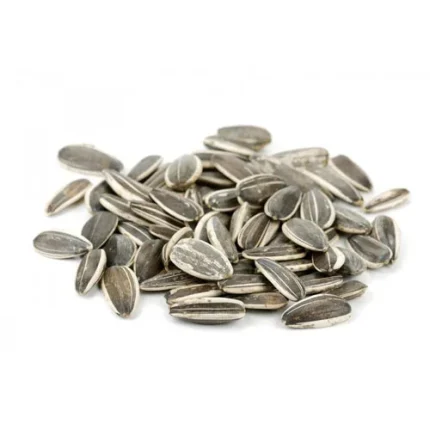
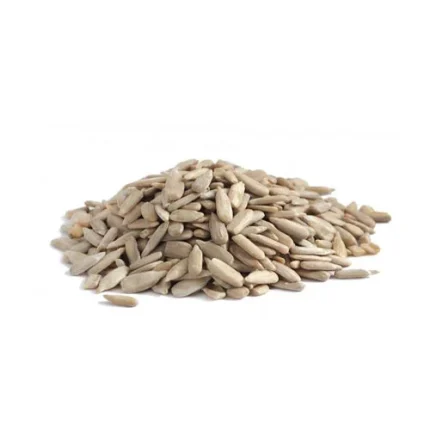

Reviews
There are no reviews yet.